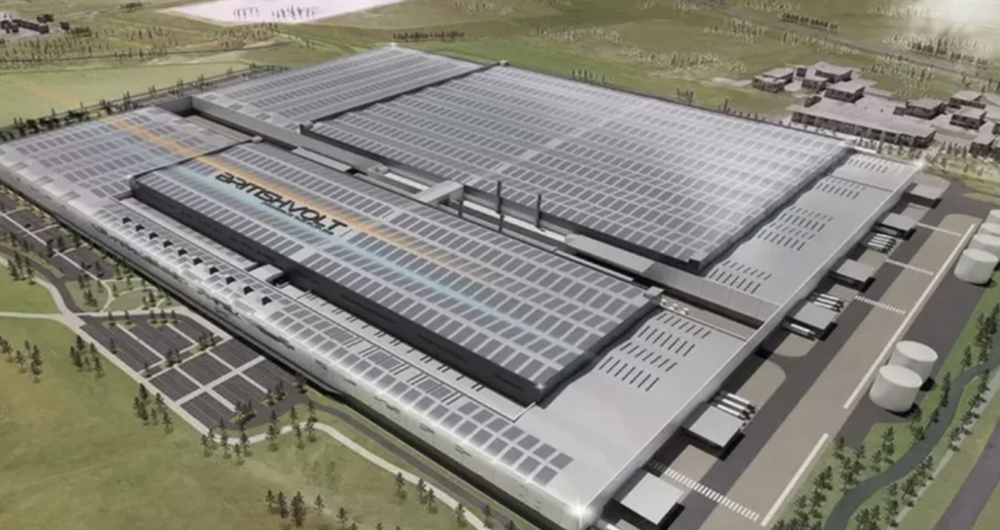Employees at the struggling Britishvolt battery maker have decided to accept a “substantial” salary cut, according to the BBC.
After the government turned down a £30 million advance in funding on Monday, the survival of the start-up was cast into doubt amid worries that it would run out of money.
However, the company has secured enough funding from an anonymous backer to operate until early December.
300 employees will have their salary reduced in November in order to stretch the dollar farther.
The company’s executives won’t receive any remuneration at all for the month.
Britishvolt, which has received government support, wants to construct a factory in Blyth, Northumberland, where it would manufacture batteries for electric vehicles, but it is having trouble attracting investors.
Although the £3.8 billion project was supposed to provide 3,000 employment, it has already experienced multiple delays, raising concerns over whether it will actually materialise.
Britishvolt had received a total of £100 million from the government for the project, but when the company requested to withdraw a third of the money on Monday, ministers rejected the request.
According to the BBC, in order for the company to qualify for the government grant, it had to achieve a number of requirements, including raising a specific amount of money from the private sector.
The company has met with representatives from the Department for Business, Energy, and Industrial Strategy 26 times since the beginning of September.
UK battery company avoids bankruptcy thanks to funding
Britishvolt will now spend the next five weeks looking for long-term funding, as first reported by the Financial Times. If it fails, it will once again face the possibility of declaring bankruptcy before Christmas.
Peter Rolton, chairman of Britishvolt, told the Financial Times that he was “sure” the business could raise the money on time.
He told the newspaper, “We’re edging along, we’re improving the position, but the curiosity is obviously there.
The FT said that the amount raised on Tuesday was in the “single-digit” millions of pounds, citing sources, and that Britishvolt had previously stated that £200m was required to fund operations into next summer.
‘Exploring more financial sources’
The corporation stated in a statement that it was investigating “both short and long-term finance streams” to construct its alleged gigafactory, with numerous “foreign investors” reportedly making approaches recently.
Britishvolt continued, “While the poor economic climate is currently badly impacting many business investment, we are continuing to pursue positive ongoing negotiations with possible investors.
As Blyth was one of Labour’s seats to turn blue in the 2019 General Election, the initiative had been hailed by ministers as an illustration of “levelling up,” a Conservative goal of investing in localities to eliminate economic disparities in the nation.
At the time, the factory and the jobs it was expected to produce were praised as a “levelling up opportunity” by the then-Prime Minister Boris Johnson and the then-Business Secretary Kwasi Kwarteng, respectively.
Britishvolt will get the £100 million government commitment in exchange for additional private investment in the development and assistance with the construction of its battery factory.
But Britishvolt has repeatedly had to postpone the start of production at the plant; according to the most recent business announcement, it will now be delayed until the middle of 2025.




